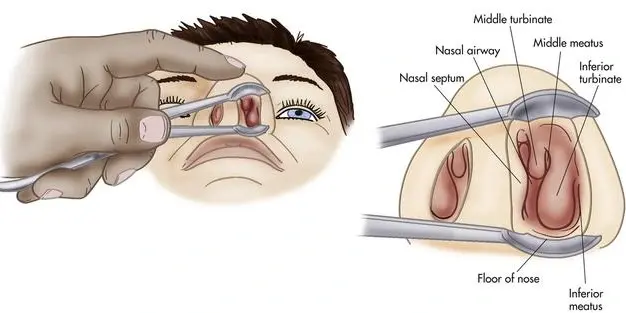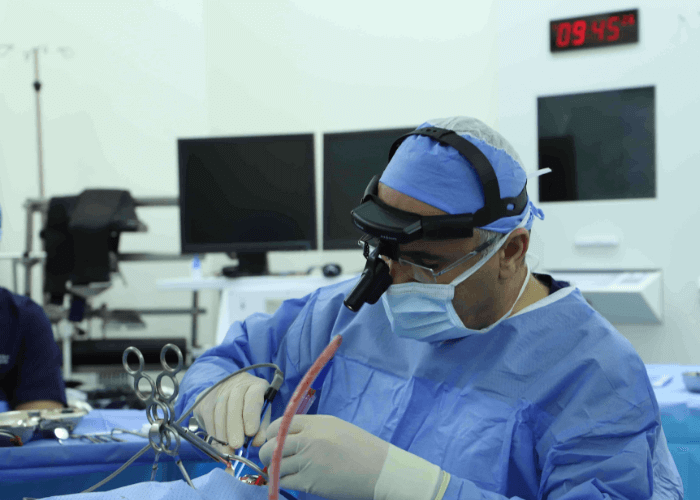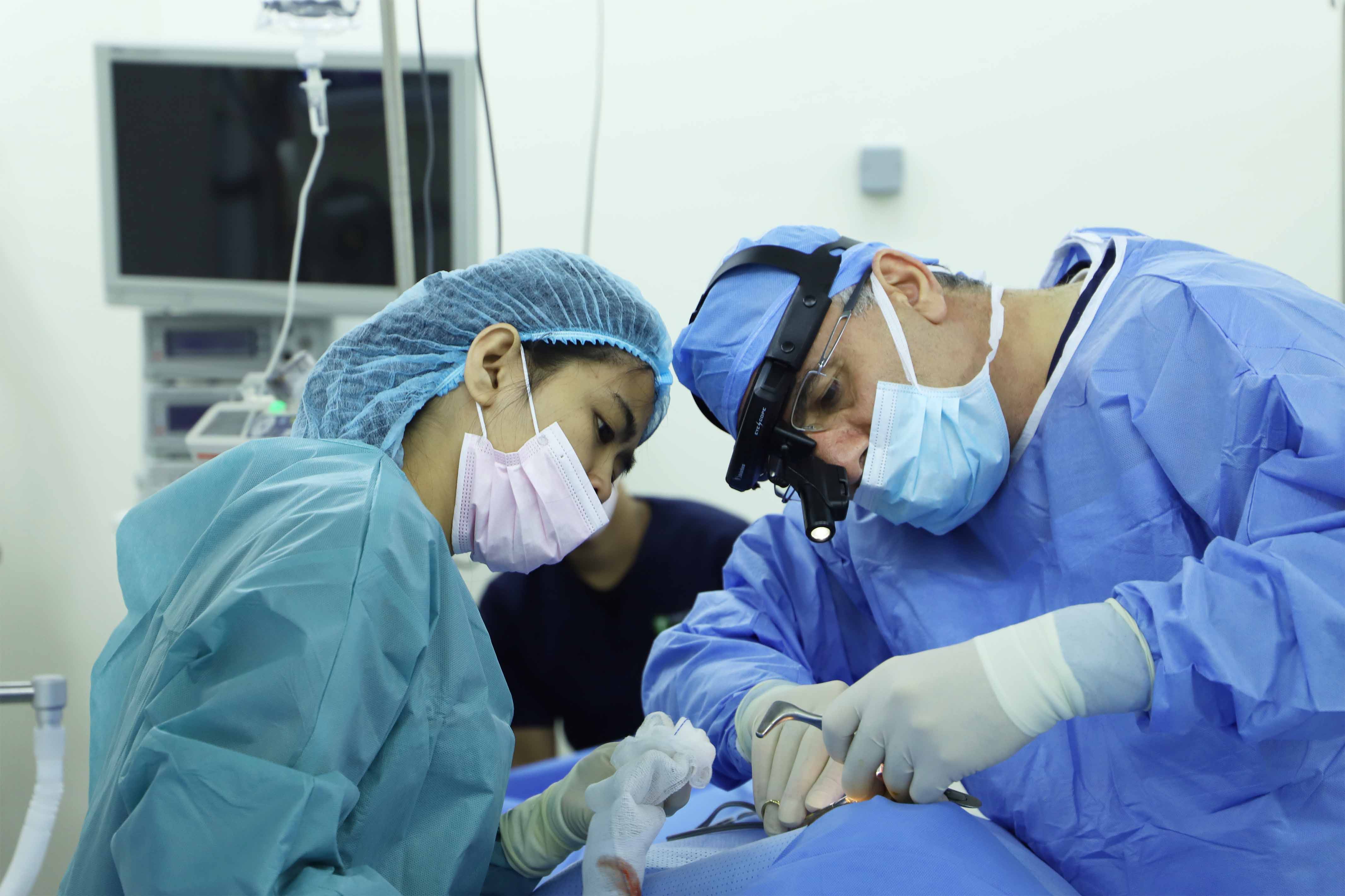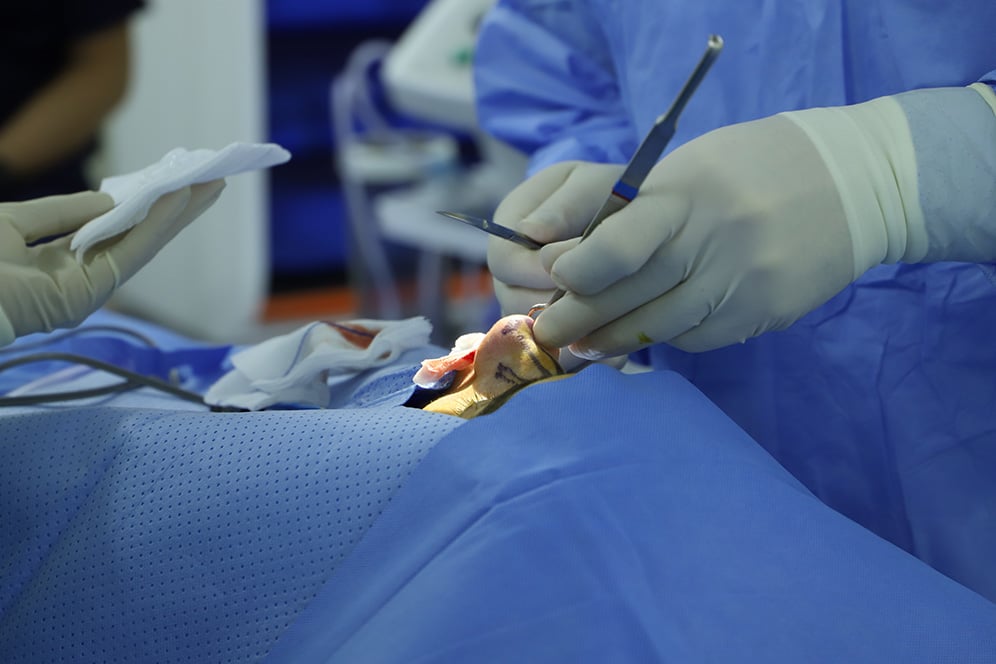Turbinate Reduction Surgery at DRHC Dubai ENT Clinic
What is Turbinate Reduction Surgery?
Turbinate reduction surgery is a specialized procedure designed to improve nasal airflow by reducing the size of enlarged nasal turbinates. The turbinates are structures inside the nose that help filter, warm, and humidify the air we breathe. However, when they become swollen due to allergies, infections, or chronic sinus conditions, they can obstruct airflow and lead to breathing difficulties.
Symptoms Indicating the Need for Turbinate Reduction
Individuals with enlarged turbinates may experience:
- Chronic nasal congestion
- Difficulty breathing through the nose
- Snoring or sleep disturbances
- Frequent sinus infections
- Postnasal drip
- Reduced sense of smell and taste
- Headaches or facial pressure
- Dry mouth due to mouth breathing
Causes of Turbinate Hypertrophy
Turbinate hypertrophy, or enlargement, can be caused by:
- Allergies (seasonal or environmental)
- Chronic sinusitis
- Deviated nasal septum
- Exposure to pollutants or irritants
- Hormonal changes
- Prolonged use of nasal decongestant sprays
- Respiratory infections
Types of Turbinate Reduction Procedures
At DRHC Dubai, our ENT specialists offer advanced and minimally invasive turbinate reduction techniques, including:
1. Radiofrequency Ablation (RFA)
A low-energy radiofrequency wave is used to shrink the turbinates with minimal tissue damage, promoting better airflow.
2. Coblation Turbinate Reduction
This uses controlled plasma technology to precisely reduce turbinate size while preserving nasal function.
3. Microdebrider-Assisted Turbinate Reduction
A specialized tool is used to remove excess turbinate tissue, offering precise results and faster healing.
4. Submucosal Resection
In cases of severe hypertrophy, a portion of the turbinate tissue is removed while maintaining the mucosal lining for normal nasal function.
Benefits of Turbinate Reduction Surgery
- Improved nasal airflow and breathing
- Reduced snoring and better sleep quality
- Lower risk of sinus infections
- Enhanced sense of smell and taste
- Long-term relief from chronic congestion
- Minimal discomfort and quick recovery with modern techniques
- Better overall quality of life
The Turbinate Reduction Procedure
- Preoperative Consultation: A detailed examination, including nasal endoscopy and imaging, to determine the severity of turbinate enlargement. Patients may also be advised on lifestyle changes to enhance post-surgical outcomes.
- Surgical Procedure: The procedure is typically performed under local or general anesthesia and takes 15–30 minutes. Minimally invasive techniques ensure minimal tissue trauma and faster healing.
- Recovery & Aftercare: Most patients experience mild swelling or discomfort for a few days. Full recovery usually takes 1–2 weeks. Patients are advised to avoid strenuous activities and follow a saline irrigation regimen to keep nasal passages clear.
Potential Risks and Complications
While turbinate reduction surgery is generally safe, potential risks include:
- Temporary nasal dryness or crusting
- Mild bleeding or infection
- Scarring inside the nasal passage
- Rare recurrence of turbinate enlargement
Our specialists at DRHC Dubai take every precaution to minimize risks and ensure a smooth recovery.
Why Choose DRHC Dubai for Turbinate Reduction Surgery?
At DRHC Dubai, we prioritize patient comfort, safety, and long-term results. Our ENT specialists utilize the latest medical technologies and minimally invasive techniques to ensure a quick recovery and optimal outcomes. We provide personalized treatment plans tailored to each patient’s needs.




.png?width=281&height=59&name=bookanappointment%20(1).png)
.jpg?width=1080&height=1080&name=DR%20HATEM%20(1).jpg)



